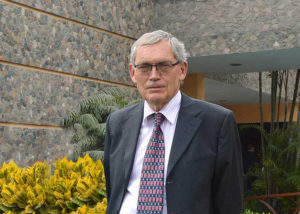Board Chair
Statement by the Board Chair
T he International Potato Center’s Board of Trustees is committed to providing programmatic governance and financial oversight and leadership to ensure the Center’s effective and efficient management. I’m pleased to report that CIP made good progress toward its strategic objectives in 2017, through both upstream research and the deployment, with partners, of technologies to improve lives in farming and food systems in developing countries that involve roots and tubers.
he International Potato Center’s Board of Trustees is committed to providing programmatic governance and financial oversight and leadership to ensure the Center’s effective and efficient management. I’m pleased to report that CIP made good progress toward its strategic objectives in 2017, through both upstream research and the deployment, with partners, of technologies to improve lives in farming and food systems in developing countries that involve roots and tubers.
CIP moved closer to its goal of reaching 15 million households in Africa, Asia and Haiti with orange-fleshed sweetpotato by 2023, while facilitating seed system and market innovations to accelerate the scaling process in the coming years. By December of 2017, CIP and partners reached the milestone of more than 4.5 million households benefitting from this nutritious crop. CIP has also made significant gains in expanding the use of quality seed potatoes in Africa, where the Center is more than two-thirds of the way to its goal of improving the potato production of 600,000 smallholder farmers.
Achievements in Asia include the release of CIP-bred, climate-smart potato varieties in India, Central and Southeast Asia, and the formalization of the CIP-China Center for Asia Pacific (CCCAP) in Yanqing. CIP also helped smallholders in South America to improve their potato production and access new markets, and played a major role in the organization of the 10th World Potato Congress, held in Cusco, Peru in 2018.
Financial Performance
Total Revenue reported in 2017 was $63.6 million, which was an increase of $5.2 million when compared with 2016, demonstrating CIP’s continuous success in securing Window 3 and Bilateral funds, while stabilizing Windows 1 and 2 revenue sources. The long-term financial stability indicator, which measures the number of days of unrestricted net assets that can be used to cover CIP’s forward-planned operations, is 86 days (within the CGIAR recommended norms). CIP’s overall financial position continues to be sound and the Center did not need to use any credit facility during the year.
These financial results are derived from CIP’s audited December 31, 2017 consolidated financial statements, which contain an unqualified audit opinion. They reflect CIP’s continued financial health, though no institution is immune to financial or operational risk. To mitigate risk, the Board’s Audit Committee ensures oversight of the Center’s risk management policies and plans. In a much broader sense, the Board also oversees CIP operations in the interest of donors and stakeholders.
Appreciation
I would like to express my gratitude to Dr. Alberto Maurer, who served on the Board until February of 2017, and congratulate him on his new role as the Chief Science Officer at CCCAP. I want to welcome Dr. Miguel Barandiaran, the Head of Peru’s National Institute of Agricultural Innovation, who replaced Dr. Maurer as the representative of Peru’s Ministry of Agriculture on the Board, and HE Rhoda Peace Tumusiime, from the Republic of Uganda, the former Commissioner of Rural Development for the African Union, who also joined the Board in 2017. On behalf of the Board, I would like to thank CIP’s funders, investors and all CGIAR partners for their support. I also extend my appreciation to CIP’s management and staff for their continued dedication to the organization and to its important mission.


